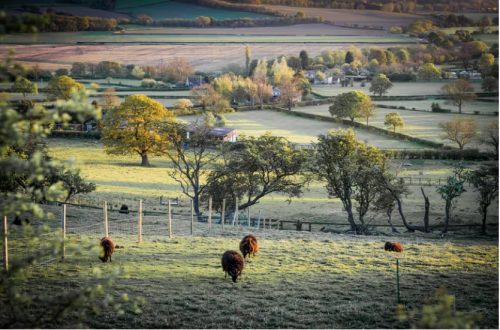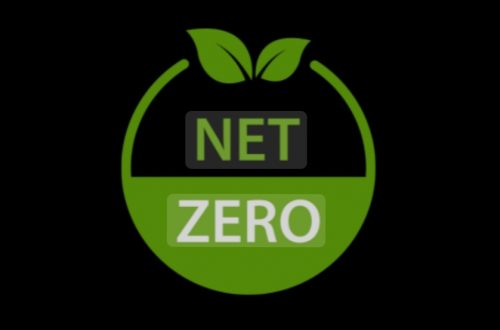The following op-ed appeared in today’s Haaretz (English edition).
When we tell people about the Jewish-Kashmiri Dialogue-Group (JKDG), their reaction is usually one of bewilderment. “There are Jews in Kashmir?!?” they say. Or, “Where’s Kashmir?” At best they ask, “What do Jews and Kashmiris have to talk about?” The answer is: A lot. One of us, Alex Stein – an Israeli – traveled to Kashmir during his post-army trip to India. While there, he wrote an article about the Kashmiri struggle for independence from India on The Guardian’s Web site, attracting attention from local people who were heartened by outsiders supporting their call for autonomy. This prompted Alex to forge a connection between Kashmiris and Diaspora Jews.
Kashmir, the northwestern region of the Indian subcontinent, has been a melting pot for millennia. Culturally and ethnically, it is a mixture of the ancient Persian civilization of Central Asia and Indian civilization. Kashmir was an independent kingdom throughout most of its history; from 1845 to 1947, it was ruled by a maharaja (king) under British protection. After the British left India in 1947, a dispute arose between the two successor states of India and Pakistan over Kashmir. Following a war between these newly independent countries two-thirds of the region coming under Indian rule, with the rest going to Pakistan.
The catalyst for establishment of the JKDG came in November 2008, after the horrific terror attacks on Mumbai, one of whose targets was the Chabad House. After he wrote an article on the subject, Alex was contacted by Aatif Ahmad, a London-based Kashmiri lawyer, who wrote: “The people in Kashmir are horrified by the targeting of Jews … Nothing could be more against Kashmir’s cultural ethos and its tradition of coexistence than the heinous actions in Mumbai.” Although Aatif was expressing his own personal opinions, they are shared by many Kashmiris: An ethnic Kashmiri has never committed a Mumbai-style attack anywhere in the world.
Alex was heartened by this unequivocal condemnation of the terror attacks. As our correspondence continued, we both decided that it was important to formally establish a group that would promote dialogue between Jews and Kashmiris around the world. It met for the first time in February in London, at the Moishe House, a Jewish community center dedicated to innovative educational programming. At that meeting we explained our traditions to each other and discussed Jewish and Kashmiri history, as well as the current situation in the Middle East and Kashmir. The encounter was challenging and valuable, and both sides learned a great deal.
Our group aims to meet twice a year in London, and to help raise awareness about the Kashmiri issue in the Jewish world. Further down the line, we also hope to provide services to Jews and Israelis visiting Kashmir, such as home hospitality and guided tours.
As Aatif writes, Jews are and always have been welcome in Kashmir. Israelis have for a number of years constituted the largest number of foreign tourists there. Unlike many Muslim countries where Jews face hostility, they have been met with only hospitality and tolerance in Kashmir. In fact, in 1991, when Jews were taken hostages by Islamist militants in Kashmir, it was a local group – the Jammu Kashmir Liberation Front (or JKLF, which supports a secular independent Kashmir) – that rescued them.
Kashmir’s fabled natural beauty and its relative proximity offer Israelis tremendous opportunities for tourism. Since the incident in 1991, Jewish tourists have visited the region for years and have not faced any problems there. Our group aims to strengthen this link, to encourage more Jews to visit and perhaps, one day, to stimulate Kashmiri travel to Israel as well. Kashmir’s handicrafts and other exports have yet to be fully marketed in Israel.
There is another dimension to Jewish-Kashmiri cooperation, stemming from the similarities in the cultures and various traditions, which claim that one of the lost Tribes of Israel ended up in Kashmir. While scholars have yet to unearth solid evidence to substantiate this claim, there is nothing fantastic about the possibility of ancient connections between the two civilizations. Kashmir was, after all, located on the Silk Road, and Jewish communities flourished along that route and in Central Asia as late as the 20th century. Kashmir is also famous for its unique culture of tolerance and for the peaceful coexistence between its various communities, known as Kashmiriyat (“Kashmiriness”), which underlies its nationhood.
The national poet of Kashmir, Mahjoor, once wrote: “Muslims are milk, Hindus are sugar.” While the rest of the Indian subcontinent was consumed by violence between Hindus and Muslims after 1947, Kashmir was one of the few places where the Hindu minority lived safely. The recent upsurge in religious fundamentalism has threatened the cultural values of Kashmiriyat, but they have not destroyed it, and these values are witnessing a revival. It is these values that enable Jews to feel at home in Kashmir.
Naturally, the rights of the Palestinian people and their struggle for self-determination are dear to the hearts of the Kashmiri people. However, true to their ethos and principles, Kashmiris believe that tolerance and coexistence, values embodied in Kashmiriyat, are the best means for fighting injustice and achieving national independence. The JKDG aims to promote such goals.
Aatif Ahmad is a Kashmiri lawyer living in London. Alex Stein lives in Tel Aviv and currently works in fundraising. He blogs at http://falsedichotomies.com. For more information on the Jewish-Kashmiri Dialogue Group, e-mail: alex.stein@talk21.com


